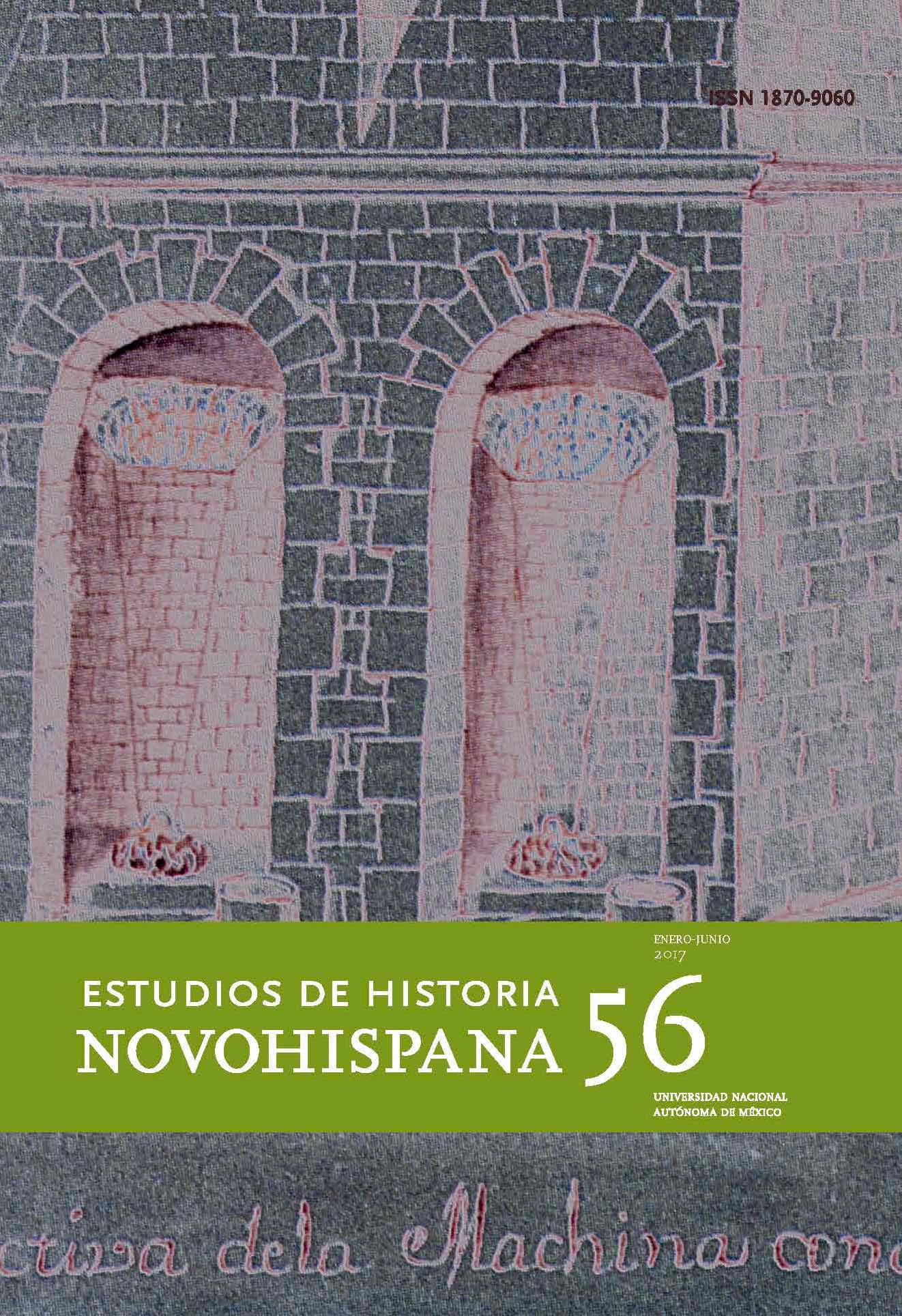Resumen
This study treats the social and specifically urban context of late humanism in eighteenth-century Mexico City and New Spain. Through the careful reconstruction of the lives of particular scholars, it argues that the specific configuration of urban space (including colleges, libraries, print shops and personal dwellings) should be taken into account when understanding important monuments in the cultural history of Mexico, like the Bibliotheca Mexicana of Juan José de Eguiara y Eguren. This distinct urban culture, in turn, was influenced by larger patterns of circulation in books, ideas and people that gave the late humanist culture of Mexico City both an internal coherence and made it an integral part of a larger cultural sphere.
















